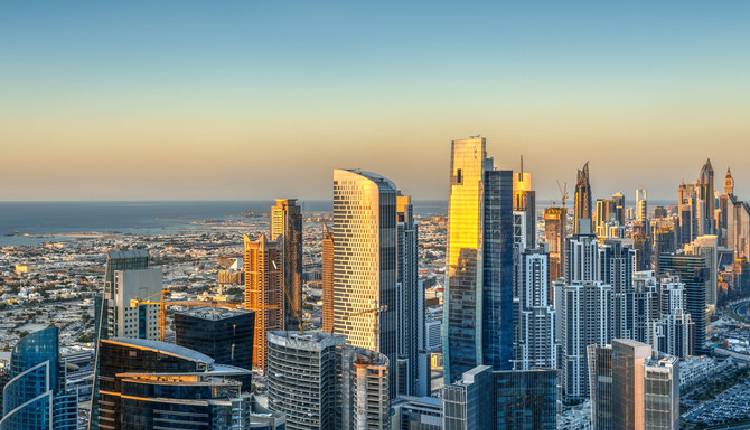UAE non-oil businesses saw a surge in activity in May, driven by strong sales pipelines and the aftermath of April’s flooding, the S&P Purchasing Managers’ Index (PMI) data released on Wednesday shows.
According to the report, despite a slight slowdown in growth, private sector firms maintained robust performance, with increased output and new orders.
Efforts to expand capacity led to higher staffing and input purchases, while supply chains improved post-disruption. However, rising demand and restocking efforts heightened price pressures. Input costs rose at the sharpest rate in nearly two years, prompting the fastest uptick in prices charged since April 2021.
The PMI remained unchanged from April but indicated solid operating conditions.
Demand rebounded in May, though some firms reported slow sales recovery. Backlogs of work increased significantly, due to capacity constraints and various challenges including the Red Sea crisis.
Despite disruptions, non-oil companies hired more and increased purchasing to meet output demands. Higher input spending drove inflation, with fuel prices and wages cited as contributing factors.
Companies passed on higher costs to clients, leading to the first price increase charged in seven months. Confidence in future output improved, driven by expectations of economic stabilisation and increased sales and profits.


